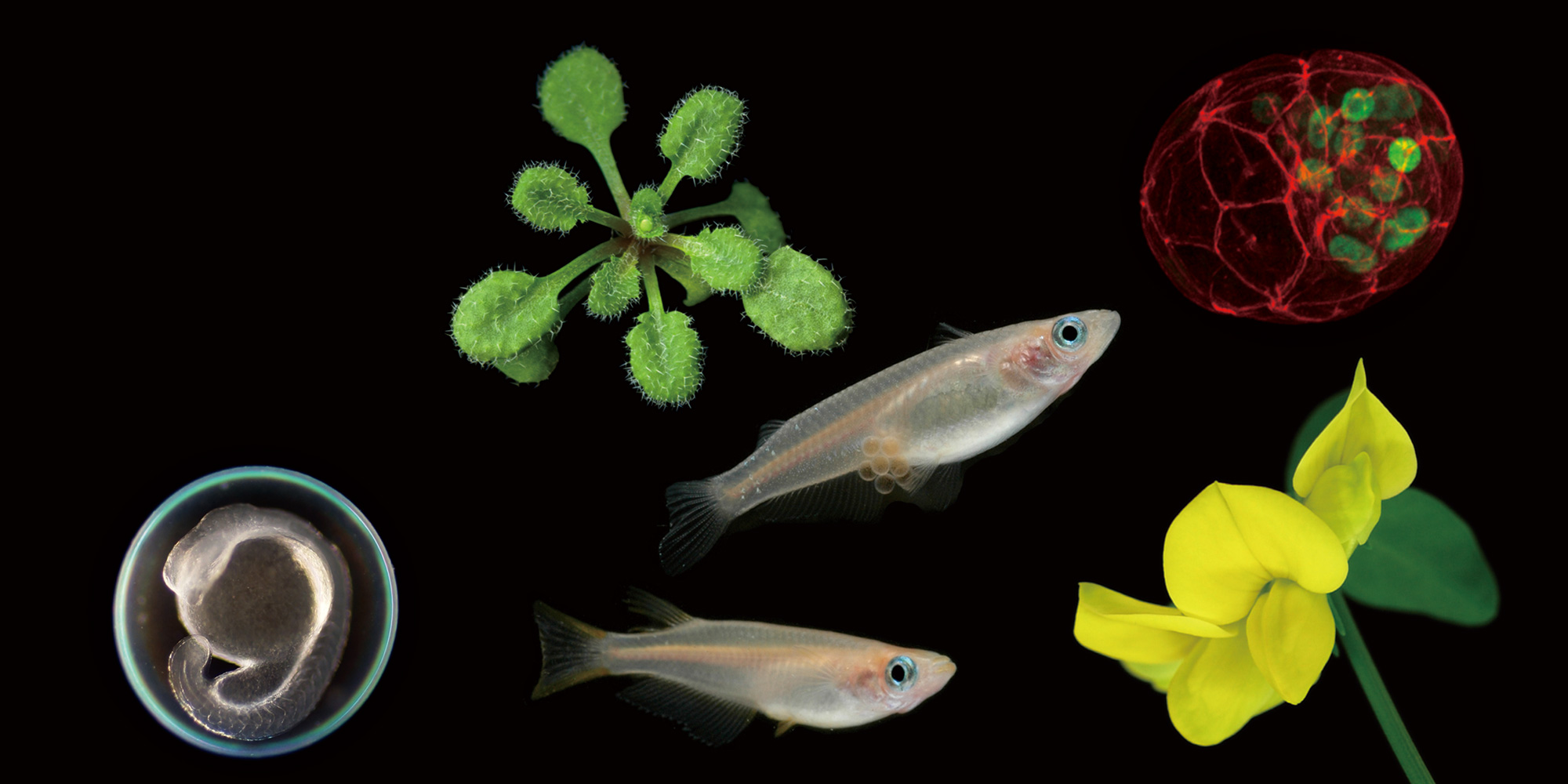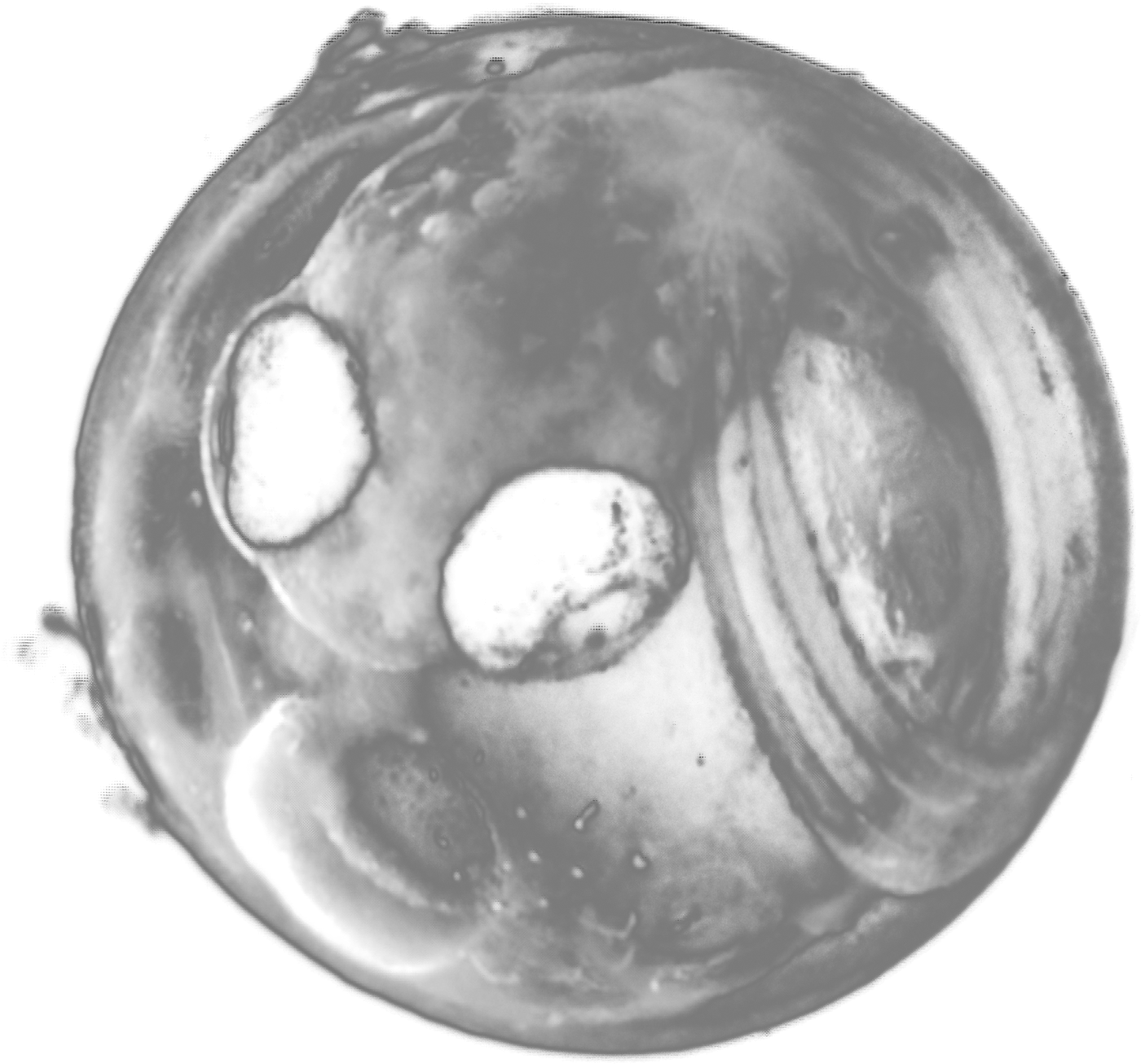2016.11.17
Tissue- and stage-specific Wnt signalling in embryonic development and heart muscle differentiation
Dr. Stefan Hoppler (Institute of Medical Sciences, University of Aberdeen, Scotland, UK)
2016. 11. 17 (Thu) 14:00 ~ 15:15
Common Seminar Room, 2F Bld. 3, Yamate
Division of Molecular and Developmental Biology, Shinji Takada (5241)
The Wnt pathway is a conserved cell-to-cell signalling mechanism, which is important for embryonic development, stem cell-mediated regeneration and diseases, such as cancer. We study how the same Wnt pathway is used repeatedly in different cellular contexts to instruct different and specific cellular responses.
We have recently established hESC culture to study the role of Wnt signalling in human heart muscle (cardiomyocyte) differentiation. We have confirmed important stage-specific roles for Wnt signalling in regulating human cardiomyocyte differentiation; and additionally we have identified more precise roles for individual Wnt signal and Wnt receptor genes.
We use early Xenopus embryos as a model to investigate the molecular mechanisms of tissue- and stage-specific Wnt signalling. We use a high-throughput sequencing approach combining RNA-seq and ChIP-seq to identify tissue-specific direct Wnt target genes. The findings from our whole-genome analysis challenges the existing paradigm about Wnt target gene regulation.







